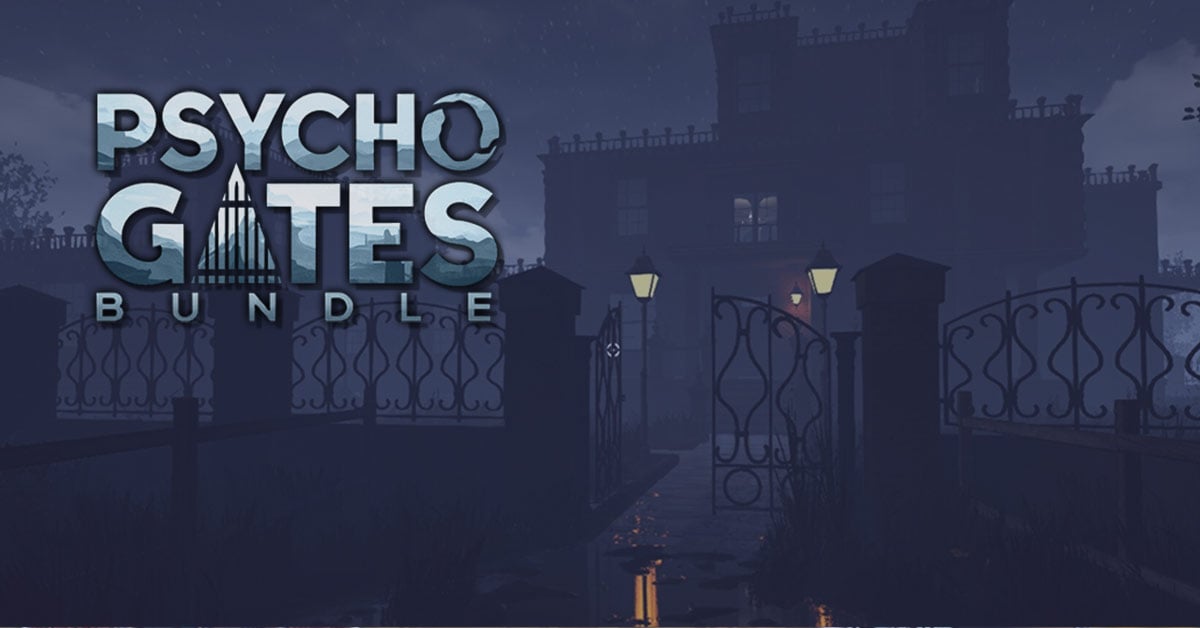The overall aesthetic of IsoMetro™ is a nod to city builder games from decades ago. Building on the base mechanics introduced by those original pioneers, IsoMetro™ leverages the vastly superior processing capabilities of today's "low end" hardware, to power a surprisingly nuanced and authentic economic simulation. Despite the nostalgic 90's visual aesthetic, it's not as simple as "big city, big buildings" -- economic effects are specific to every individual tile, encouraging you to think carefully about transit options and zoning policy if you want to see dense, vibrant city centers take shape.
Playing as the government, you can use your treasury funds to build public infrastructure such as utility facilities, transit networks, and civic service buildings. Meanwhile, buildings such as houses, shops, and factories will only be built in residential, commercial, and industrial zones respectively by the citizens themselves if you've met all their requirements. If your citizens can't get where they need to go, face utility shortages, are exposed to unacceptable levels of pollution, or are under-served in other ways, your infrastructure investments will go to waste. Meanwhile, a well-planned city will see healthy economic growth, and develop a positive cash flow from its tax base that can be used to invest in further expansion.
While building cities in IsoMetro™ is intended to be a comfortable, low-stress experience, the simulation also invites you to consider how the simplified concepts in the game world apply to the world we live in. Experiment with different transit options and zoning strategies to determine which approaches work better than others. Are roads and parking lots the way to go? Can you get away with not building even a single tile of road at all? Is a dense city core more profitable or is it better to have a metro area that sprawls far and wide?
IsoMetro™ brings you a balanced experience -- it can be thought-provoking if you choose to look closely at how your city works, but is also meant to be a satisfying and relaxing experience if you just want to watch your city evolve while you zone out to the varied music styles comprising the high-quality, 90-minute soundtrack.
Its been two weeks since the prior Metro Monday (these are for announcing changes, and are not strictly weekly). Heres whats happened in that time:
On the asset side, there are two new buildings. First, Anderson Antimicrobial is a 3x3 tile chemicals facility. The archetype for this building is level 3 of consumer goods, found in dense industrial areas. Second, Monarchs Concourse is a 2x2 tile corporate office highrise. The archetype for this building is level 3 of office work, found in dense commercial areas.
On the code side, while there are plenty of things to keep improving (dont worry, we have a huge list of stuff to get to eventually), focus has been primarily on simulation performance. So, the simulation engine now includes a profiling framework, and after setting up plenty of labeled measurements within the sim engine code, we can meaningfully identify expensive operations with precision. These measurements are disabled by default since they incur a performance impact.
From profiling the operations involved in savefile loading, the time it takes to load save files has been dramatically improved for large saves, it is down to as little as a few percent of the previous load time.
Efficiency past startup, during the normal course of the game, is also improved. Due to improvements in a variety of mechanisms, from pathfinding, to economic re-evaluation queueing strategies, to more nuanced path removal when changing the transit prototypes of a tile, the economic engine is able to handle larger, denser cities without slowing down as much. So, you should be able to play in a world for longer before getting bored due to the sim engine spawning buildings too infrequently.
By no means are these optimizations the end of the road, but they already help to make the economy seem noticeably snappier, especially when there is a very complex transit network layout. Further, these are true optimizations that do not just throw more CPU threads at a problem, and thereby may be seen to reduce power consumption by the game in some situations which is something we do care about, on behalf of those who play on laptops. We may improve scaling across CPU cores later on, but our favorite optimizations are the kinds that improve the experience on hardware of any price, i.e. inclusive of lower-spec machines.
Minimum Setup
- OS: Ubuntu 18.04 LTS
- Processor: Intel i3 2100Memory: 2048 MB RAM
- Memory: 2048 MB RAM
- Graphics: Software Rendering
- Storage: 200 MB available spaceAdditional Notes: Disk space requirement will increase with new content.
Recommended Setup
- OS: Ubuntu 24.04 LTS
- Processor: AMD Ryzen 1200Memory: 8192 MB RAM
- Graphics: Integrated Graphics
- Storage: 1000 MB available space
[ 6366 ]
[ 5849 ]
[ 1587 ]
[ 2438 ]
[ 469 ]















































